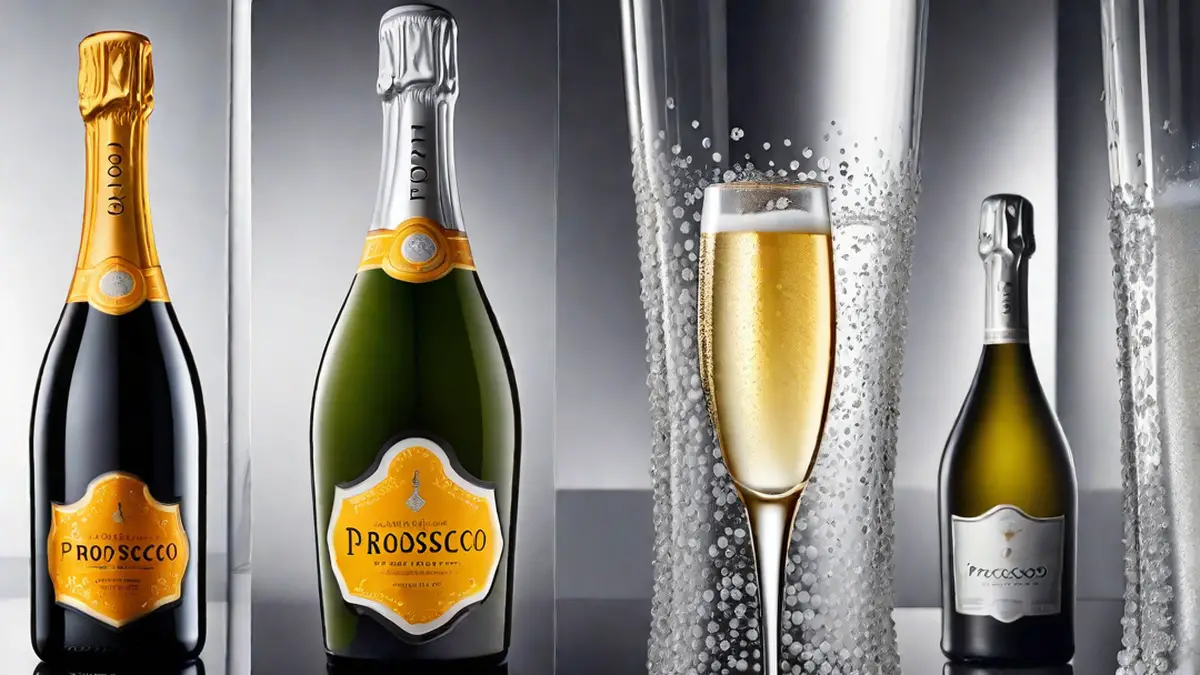Have you ever had the unpleasant experience of feeling nauseous after drinking a glass of wine? If so, you are not alone. It is a common occurrence among wine enthusiasts and has left many wondering why wine can have this effect. As someone knowledgeable in the world of wine, I can empathize with the frustration and curiosity surrounding this phenomenon and I am here to provide some insight on the matter.
First and foremost, it’s important to note that wine-induced nausea can have various causes, and it’s not always easy to pinpoint the exact reason. However, there are a few common factors that could contribute to this uncomfortable experience.
1. Alcohol Sensitivity
One possible explanation for feeling nauseous after wine consumption is alcohol sensitivity. Some individuals have a lower tolerance for alcohol than others, and even a small amount can trigger adverse effects such as nausea. If you find yourself feeling queasy after just a few sips, it’s possible that your body is sensitive to the alcohol content in wine.
2. Histamine and Sulfite Reaction
Another possible culprit behind wine-induced nausea is a histamine and sulfite reaction. Histamines are naturally occurring compounds found in wine and can cause allergic-like symptoms in some individuals. Sulfites, which are commonly used as preservatives in wine, can also trigger adverse reactions in sensitive individuals. These reactions can manifest as headaches, nasal congestion, and yes, nausea.
If you suspect that histamines or sulfites may be the cause of your wine-induced nausea, consider trying wines with lower levels of these compounds. Natural and organic wines, which tend to have lower levels of additives and sulfites, might be a good option for you.
3. Tannins and Acidity
Tannins and acidity, while essential elements in wine that contribute to its structure and flavor, can also be problematic for some individuals. Red wines, in particular, tend to have higher levels of tannins, which can cause an astringent mouthfeel and potentially lead to gastrointestinal discomfort, including nausea.
Similarly, wines with high acidity may irritate the stomach lining, leading to feelings of queasiness. If you notice that certain types of wines consistently make you feel nauseous, it might be worth exploring options with lower tannin levels or less acidity.
4. Dehydration and Alcohol Metabolism
It’s no secret that alcohol can dehydrate the body, and dehydration can contribute to feelings of nausea. When we consume alcohol, our bodies prioritize metabolizing it, which can divert resources away from proper hydration. Therefore, it’s important to stay hydrated while enjoying wine to mitigate the risk of nausea.
Additionally, some individuals may have a slower alcohol metabolism rate, which can exacerbate the effects of alcohol, including nausea. If you suspect this may be the case for you, it’s advisable to consume wine in moderation and give your body enough time to metabolize the alcohol properly.
Conclusion
While experiencing nausea after drinking wine can be unpleasant, it’s important to remember that everyone’s body reacts differently to substances. Identifying the specific cause of wine-induced nausea can be challenging, and it may require some trial and error to find the wines that suit you best.
If you consistently experience severe or persistent nausea after consuming wine, it is always recommended to consult with a healthcare professional to rule out any underlying medical conditions.
Remember, wine should be enjoyed in moderation and with mindfulness. Don’t let occasional bouts of nausea deter you from exploring and appreciating the vast world of wine.




